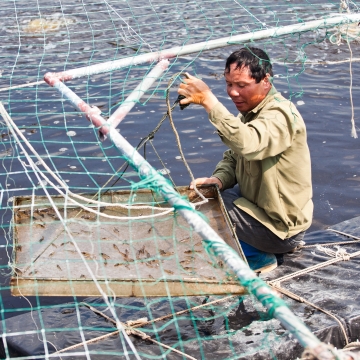Fisheries Performance in Africa: An Analysis Based on Data from 14 Countries DP 20-24
The Fisheries Performance Indicators is a data collection tool that allows comparable fisheries data in the environmental, economic and community dimensions to be collected even in data-poor environments. In this paper, data collected for 35 fisheries in 14 African countries that make up 54.8% of Africa’s reported fish landings are analyzed and compared to global averages. Similar to a previous global analysis, our results indicate no trade-offs between the different pillars of sustainability, as all are positively correlated.

